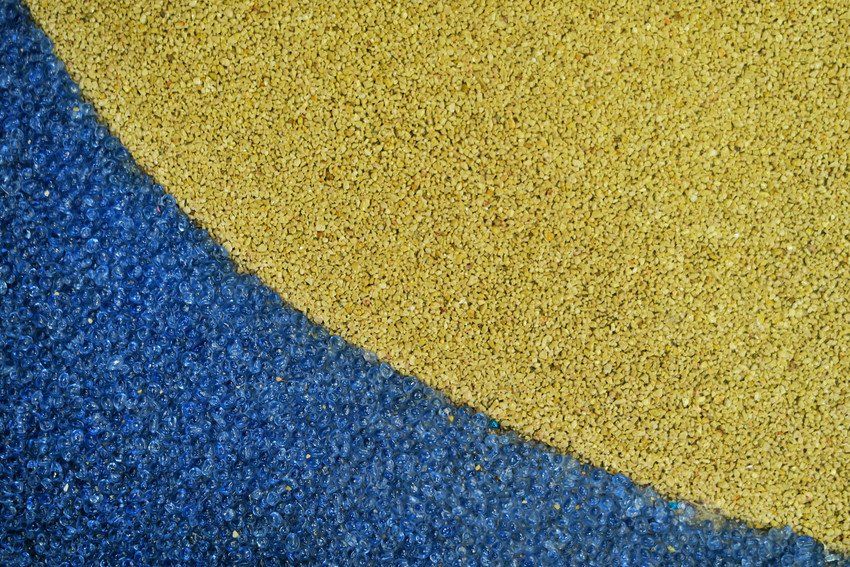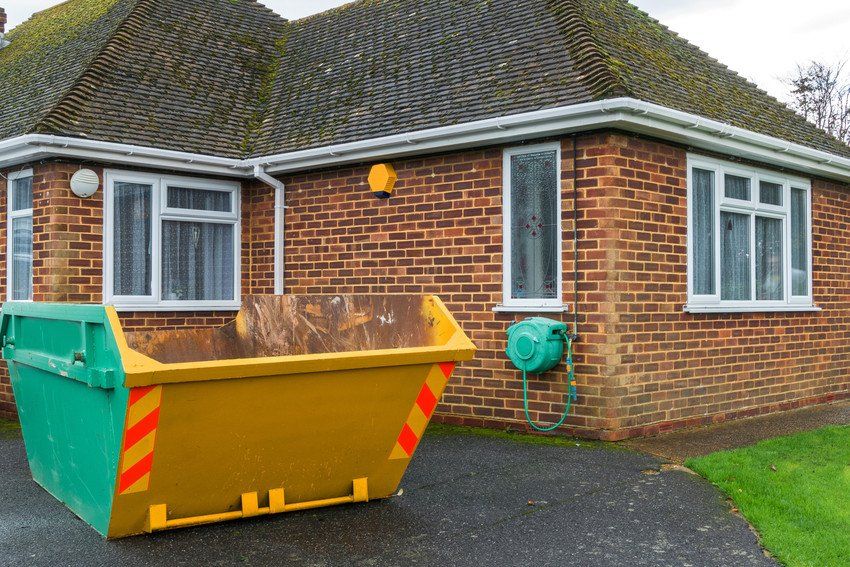Both terms are thrown around, but to many of us, tarmac and asphalt are synonymous, as the black, smooth surface used to coat roads and drives.
Both products are used extensively worldwide, on roads such as motorways, smaller roads, and in car parks. They’re also both used for driveways and pavements. What is the difference? Read on as we explore these two surfaces.
Short for Tarmacadam, tarmac as a product was patented over a century ago, in 1902. It is made by mixing aggregates with modified tar, which contains small measures of resin, pitch, and Portland cement.
Tarmac is laid and then compacted down, using a vibrating roller, in order to create the strong, smooth road surface we know as tarmac. The recipe for tarmac has changed, somewhat, over the years. Nowadays, you’re more likely to see ‘bitmac’ instead of the original tarmac product. Bitmac uses bitumen – a by-product of the distillation of petroleum – instead of tar. Due to the petroleum industry, bitumen is thus a widely available ingredient. Bitmac has a much higher sand and filler content than asphalt.
Confusingly, in the US bitumen is called ‘asphalt’. In the UK though, asphalt is a more modern road surface which in reality is very similar in composition to bitmac. Asphalt is a sticky black form of petroleum, where bitumen replaces tar. Compared to bitumen, asphalt’s blend of aggregates is much denser.
Over smaller areas, asphalt does come out more expensive than tarmac. It is, though, a more hardwearing coating, so the product is usually more cost-effective in the long run. Tarmac offers good grip, and is strong and water-resistant.
Asphalt surface can be scraped off and recycled when it reaches the end of its lifespan, making it a more sustainable option. Tarmac is not reusable.
The products are similar, but there are a few differences:
Hazel and Jefferies Ltd. have been experts in road resurfacing since 1971. A family-owned business, our team of experts are trained in civil engineering, enabling us to help with everything from private roads to car parking construction. Get in touch to discuss your project today.

